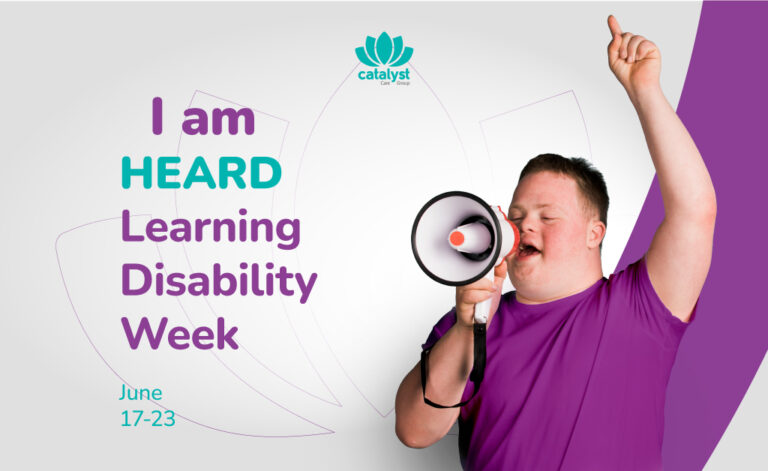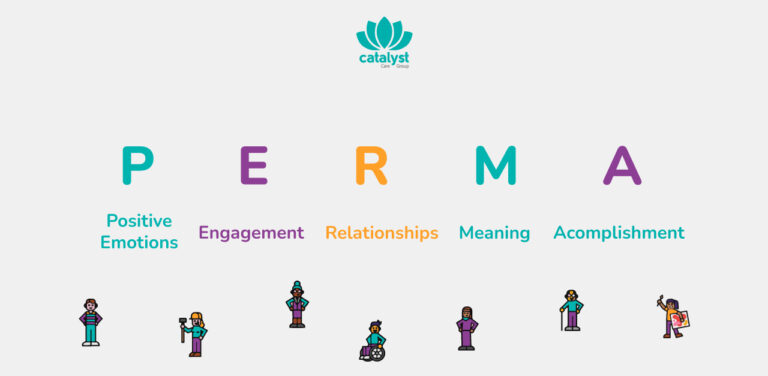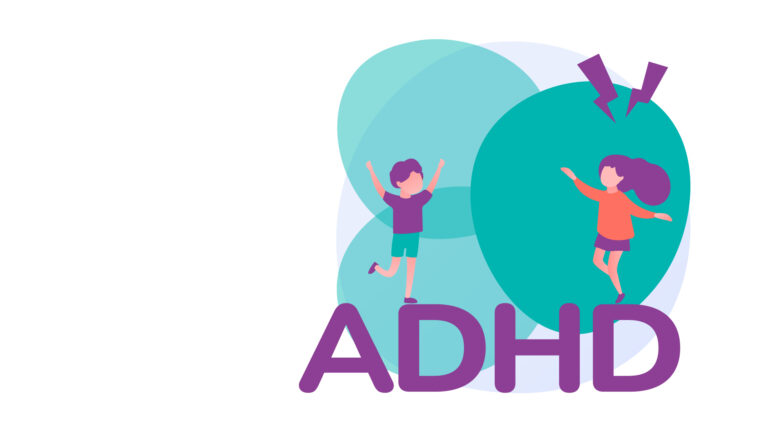Supporting autistic children and adults requires understanding, empathy, and compassion, in addition to extensive experience, knowledge, and skills. Autism awareness training was developed to educate healthcare assistants about autism and the challenges autistic people can experience. In essence, autism awareness training aims to provide guidance on how to make health and social care services safer and more accessible for autistic people across all care settings.
What is Autism Awareness Training?
Autism awareness training provides healthcare professionals with essential knowledge and skills to effectively support individuals with Autism Spectrum Disorder (ASD) in diverse care settings. Over the past decade, there have been a number of distressing stories about a lack of humanised care and support for autistic people and people with learning disabilities. Unfortunately, there have been some cases that resulted in the worst possible outcomes.
Healthcare professionals are trying to do their best for the most vulnerable people in the community, following all the procedures and protocols. However, mistakes can still happen, and unwanted outcomes can be prevented with appropriate training and knowledge.
Autism awareness training provides healthcare professionals with the necessary skills and knowledge to understand the needs of autistic people and people with learning disabilities. This is crucial to delivering the most effective care and support.
This training aims to enhance awareness, sensitivity, and inclusivity among individuals, professionals, and communities. Care practitioners learn about the characteristics of autism, the diverse ways it may manifest, and effective communication and support strategies.
Autism awareness training plays a crucial role in building the right support for people in a more inclusive and supportive environment.
What Should Healthcare Workers Know About Autism?
Healthcare workers should have a fundamental understanding of neurodiversity and the autism spectrum to provide effective care and support.
Key points include:
- Recognising the diverse presentation of autism.
- Understanding sensory sensitivities and communication differences.
- Being aware of potential co-occurring challenges, such as anxiety or epilepsy.
- Knowing how to adapt care practices to meet unique needs and preferences.
Additionally, healthcare workers should prioritise empathy, patience, and person-centred care when interacting with people to ensure their experiences in healthcare settings are positive and supportive.

Why is Autism Awareness Training so Important?
Autism awareness training provides care workers with the skills and knowledge necessary for humanised care, holistic support and effective communication. This has a significantly positive impact on the mental health, well-being and quality of life of autistic young people and adults.
Based on the CQC requirements in line with the Health and Care Act 2022, all registered social care providers need to deliver regular training to their employees in autism and learning disabilities. This requirement applies to:
- All services and settings, not just specialised services for autistic people and people with a learning disability, and not just the environments where people live.
- All healthcare professionals and care workers who may have contact with autistic people, or people with learning disabilities, including administrative staff.
Care providers also need to meet the requirements of Regulation 18, which requires them to provide employees with appropriate support, training, professional development, and supervision to empower them to carry out their duties.
Further requirements include:
- Care providers need to ensure that all employees receive training in how to effectively communicate with autistic people and people with learning disabilities.
- Healthcare professionals and care workers need to receive regular supervision in their roles to ensure they possess and maintain competence in providing humanised support.
In essence, care providers need to be able to meet the needs of every individual using their services. Autistic adults and people with learning disabilities are as likely as any individual to use health and care services. Autism awareness training will help providers to improve the overall experience and outcomes for people using their services.
Autism Awareness Training Improves the Experience of Healthcare Professionals
Improving autism awareness through a training course is necessary for providing humanised support. When healthcare professionals understand autism, they can positively impact the lives of autistic people and their families. This can also help autistic people and their families access new educational, support or employment opportunities. Healthcare professionals can excel in their roles and give people the support they deserve.
Autism awareness courses help healthcare professionals and organisations to:
- Recognise key capabilities required for a job role, team or service
- Plan the content of training and education
- Commission services and education and training
- Deliver humanised and holistic care
Who Will Find Autism Awareness Training Useful?
Autism awareness training is invaluable for a diverse range of individuals and organisations. Parents and caregivers of autistic individuals can gain insights into understanding and supporting their loved ones. Educators and school personnel can learn strategies to create inclusive classrooms and effectively support autistic students. Healthcare professionals can enhance their ability to provide compassionate and tailored care. Also, employers and employees can benefit from understanding how to create accommodating work environments and foster inclusive workplace cultures.
Ultimately, anyone seeking to foster understanding, acceptance, and support for individuals with autism can find immense value in autism awareness training.
Autism Awareness Training is Mandatory at Catalyst Care Group
At Catalyst Care Group, autism awareness training helps our care practitioners provide humanised care and achieve the best possible outcomes for autistic people. With an extensive team of Positive Behaviour Support (PBS) practitioners, speech and language therapists and occupational therapists, we provide compassionate and proactive care. We are ready to act on call in moments of crisis and challenges. With PBS, we implement positive reinforcement and a strengths-based approach to reduce the risk of using restraint and restrictive practices.
Check our real-life stories and see the impact we believe every individual with complex care needs deserves.









